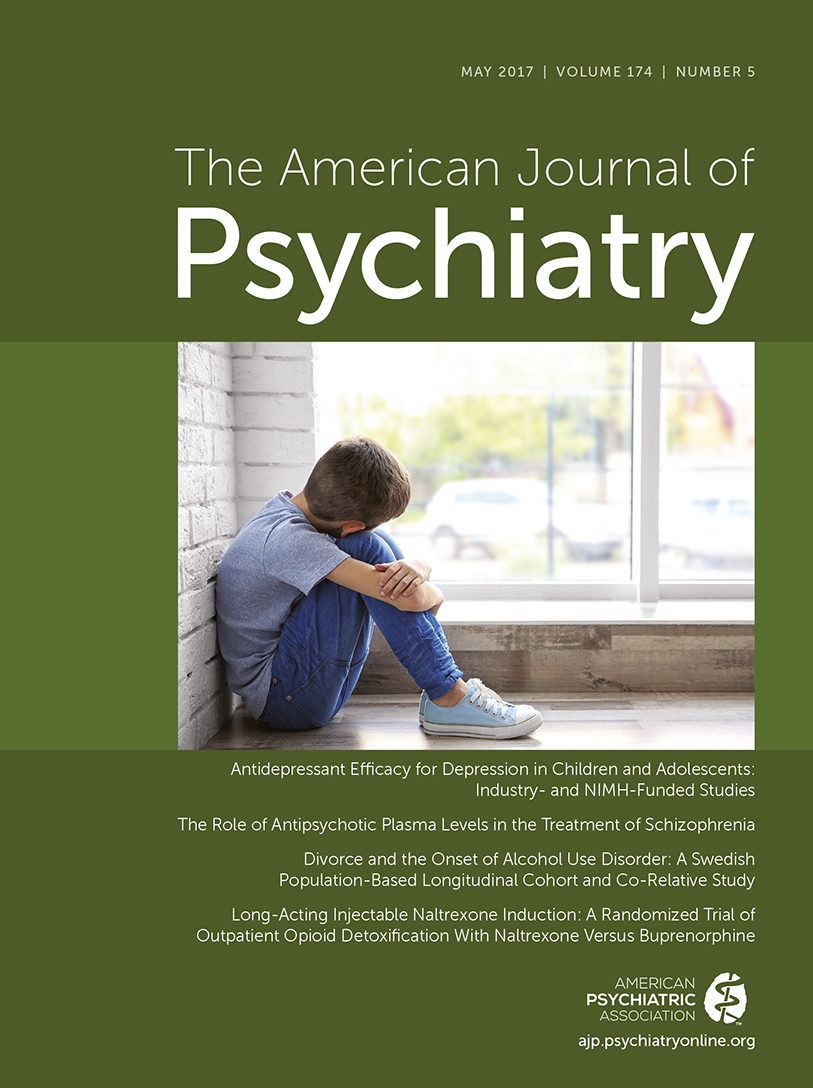On the Magical Thinking Related to Mental Health in Chad

“Ms. A,” a 52-year-old woman, was brought to me by her daughter, who knew that I was on a mission to teach psychiatry for the fifth-year medical students at “Le Bon Samaritain” (The Good Samaritan) University in Walia, a southern suburb of N’Djamena, the capital of Chad. The patient had manifested bizarre behavior for the past 5 years. She had worked as a midwife as well as in a pharmacy, but has been jobless since the beginning of her mental problems. Her husband divorced her 10 years ago and has been remarried to two other women. After her divorce, Ms. A lived with her parents for a few years before going back to her marital home, although she did not remarry her husband. Unfortunately, her husband had a cerebrovascular accident a few years ago that left him incapacitated, and the whole family’s financial situation worsened. In recent years, her daughter noticed that she was showing signs of persecutory delusion. She reduced her food intake, claiming that it might have been poisoned. She retreated to her room and imposed numerous restrictions on which persons and objects could enter the room, because of her belief that they may have been possessed by evil spirits. At night, the Ms. A had insomnia and probable auditory hallucinations, since her daughter reported that she spent many nights awake talking to the walls.
After consulting several marabouts (Muslim holy men and women who in some parts of Africa assume a healing role), which cost considerable amounts of money, she was told that she had been bewitched by both her former husband’s wives. She was given some rituals to perform at home. The failure of these magical treatments convinced her all the more that the witchcraft acts of her rivals were at the origin of her divorce, her inability to find a job, and her husband’s illness.
Ms. A looked cachectic. She explained that she was anemic because she was not eating well. She also stated that she has been suffering from sad mood for the past 3 months. She had disorganized speech and interrupted me repeatedly. On mental status examination, she was well oriented but had some impairments of cognitive function, especially in the domains of memory and calculation. I explained to her and her daughter that she was most probably suffering from schizophrenia and that other diagnoses must be ruled out. I recommended a low dosage of haloperidol at night (it is the only high-potency antipsychotic available in Chad) and asked her to consult the only Chadian psychiatrist in the country for follow-up.
The Republic of Chad, situated in northern central Africa, has an estimated population of 13.7 million inhabitants (1). Because of the desert climate prevailing in much of Chad, the country is sometimes referred to as “the Dead Heart of Africa.” Chad is one of the poorest countries in the world, according to the United Nations Human Development Index, with an estimated 86% of the country’s population living below the poverty line (2). The country represents a mixture of about 200 ethnic groups, mainly Muslims and Christians, who speak more than 100 languages and dialects. Five years after Chad gained independence from France in 1960, the country fell into a series of civil wars, which ended only provisionally in 2008, leaving the country’s economy exhausted and its development at a standstill. Concurrently, a humanitarian crisis threatens the country’s relative stability because of the displacement of hundreds of thousands of refugees from the Sudan’s Darfur region, from northern Nigeria, from Libya, and from the Central African Republic, adding to the burden of hundreds of thousands of internally displaced persons (3).
In the harsh and dark circumstances of life in Chad, awareness of how modern societies define and manage mental disorders seems to be among the least important subjects for the Chadian people. However, some glimmers of light have appeared. In 1990, the Jesuits founded an integrated health program in Goundi, a small city in the south of the country, that contains a hospital and eight primary health care centers situated within a 30-km radius, with the aim of providing treatment for the largest number of persons in need of it, at the lowest cost. In 1996, the World Health Organization awarded the Sasakawa Prize to the program. In 2004, the Good Samaritan University hospital complex was inaugurated by the Jesuits in Walia. As of 2007, a psychiatry module has been taught to the fifth-year medical students at the university. Dr. Egip Bolsane, the only psychiatrist practicing in Chad (Figure 1), has also been teaching psychiatry at the University of N'Djamena. In an interview, Dr. Bolsane stated that he has been struggling throughout his 28 years of practice in Chad to overcome the society’s misconceptions and magical thinking in the domain of mental health, as well as the lack of support from local institutions. According to Dr. Bolsane, the government hospital in N’Djamena has only two beds for patients with mental disorders. These patients are most frequently treated for schizophrenia. Dr. Bolsane expressed worry about the future of psychiatry in Chad after he retires, since no medical student has shown any interest in this particular specialty. Chadians believe that psychiatrists interact directly with sorcerer’s actions. As a result, they—or worse, one of their children—will eventually be afflicted with a mental disorder.

FIGURE 1. Dr. Egip Bolsane
1
2
3



